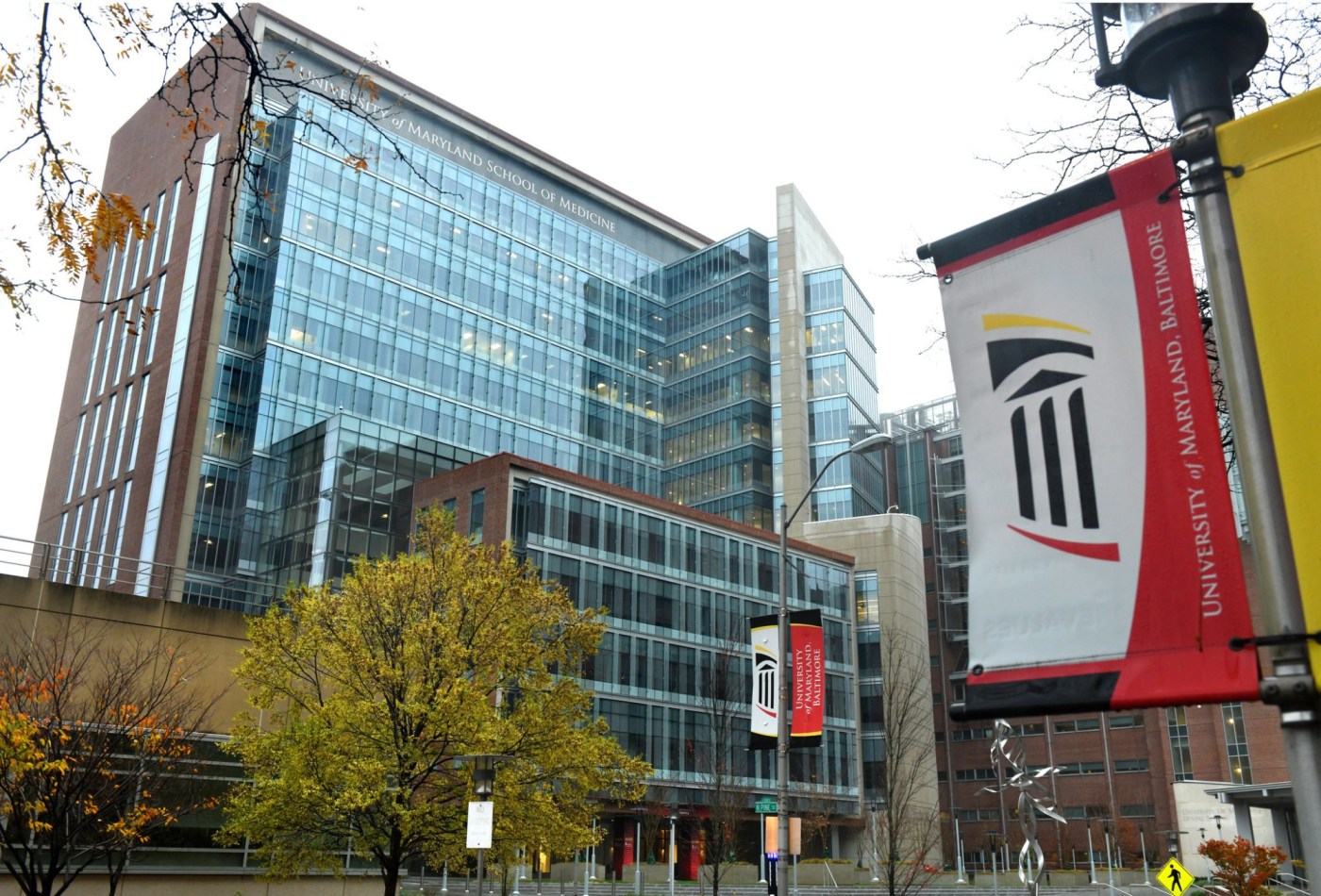BREAKING: Maryland universities face a crisis as $119 million in federal grant funding is lost, reshaping the academic landscape. As funding shrinks, researchers are pushed into uncharted territory, threatening ongoing projects and job security.
In a startling report from the Center for American Progress, officials confirm that Maryland institutions lost nearly $119 million in federal grants this year. This drastic reduction is forcing researchers to rethink their funding strategies and jeopardizing hundreds of critical projects. “All of us here in Maryland had become extremely dependent on federal funding,” said Patrick O’Shea, vice president for research at the University System of Maryland.
On October 10, researchers from the University of Maryland, College Park, held a virtual town hall to express their concerns. “I don’t see how I can keep working at the university if my grant is clawed back,” stated Marc Pound, a research scientist in the Astronomy Department. His multi-year grant with NASA is now in jeopardy, highlighting the immediate human impact of these funding cuts.
The financial fallout extends beyond just one institution. Johns Hopkins University, America’s first research institution, suffered a staggering $800 million loss in funding from the U.S. Agency for International Development in March. In response, Johns Hopkins is providing assistance, including grants of up to $150,000 for faculty whose research has been impacted, and $100,000 bridge grants for delayed federal awards.
Meanwhile, Morgan State University in Baltimore faced 22 grants rescinded, totaling $13.5 million. Spokesman Dell Jackson noted that while the university has not been as negatively impacted as others, a redirection in grant allocations is evident. “We are not dissuaded from being the next major research institution,” he affirmed.
The urgency of the situation is palpable as researchers voice frustration over the university’s response to their funding concerns. Many feel vulnerable without the protection of tenured positions, prompting calls for better safety measures and assurances from administration. “We see here how people who don’t have the protection of tenure are not going to be able to continue their research for politically motivated reasons,” said Karin Rosemblatt, president of the United Academics of Maryland-UMD.
O’Shea remains optimistic, stating, “We’re working very hard to help them stabilize, pivot, and grow.” He emphasized that universities have the resilience to adapt to these significant changes. “We will survive,” he added, reminding stakeholders of the enduring nature of academic institutions.
As the situation develops, the academic community is urged to stay informed and engaged. The implications of these funding cuts could reshape research initiatives across Maryland and beyond, making it essential for stakeholders to rally for support and solutions.
Stay tuned for updates as this situation evolves. For more information, contact Karl Hille at 443-900-7891 or [email protected].
